 |
|
KEYNOTE SPEAKERS
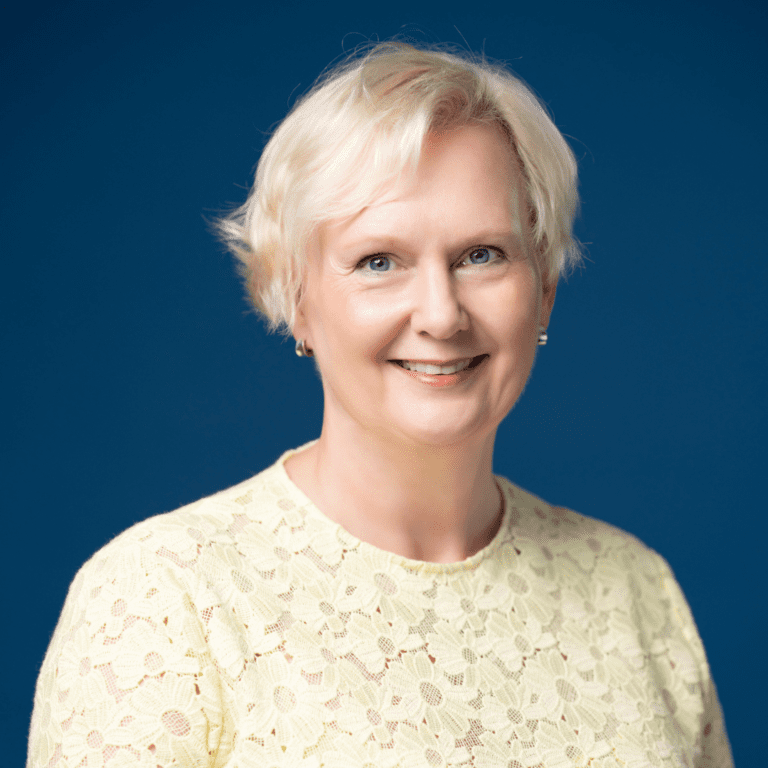
Ms Louise Bergholm
Consul General of Sweden to Hong Kong and Macau
|
Title: Sustainable and Interdisciplinary Innovations: Experiences from Sweden in Advancing UN SDGs
Bio: Ms Louise Bergholm is the Consul General of Sweden to Hong Kong and Macau since 2023. Having served in various capacities in multiple geographical regions, she accumulated more than three decades of diplomatic experience. Her previous positions include Ambassador of Sweden to Bulgaria, while she was also formerly assigned to Washington DC, USA, and Jakarta, Indonesia. She has been effectively handling a wide scope of topics ranging from politics to economics, with a specific focus on trade policy and promotion.
Ms Bergholm obtained a Master of Science in International Economics degree from the Stockholm School of Economics in Sweden, and studied history, political science and Spanish at the University of Stockholm, Sweden.
|
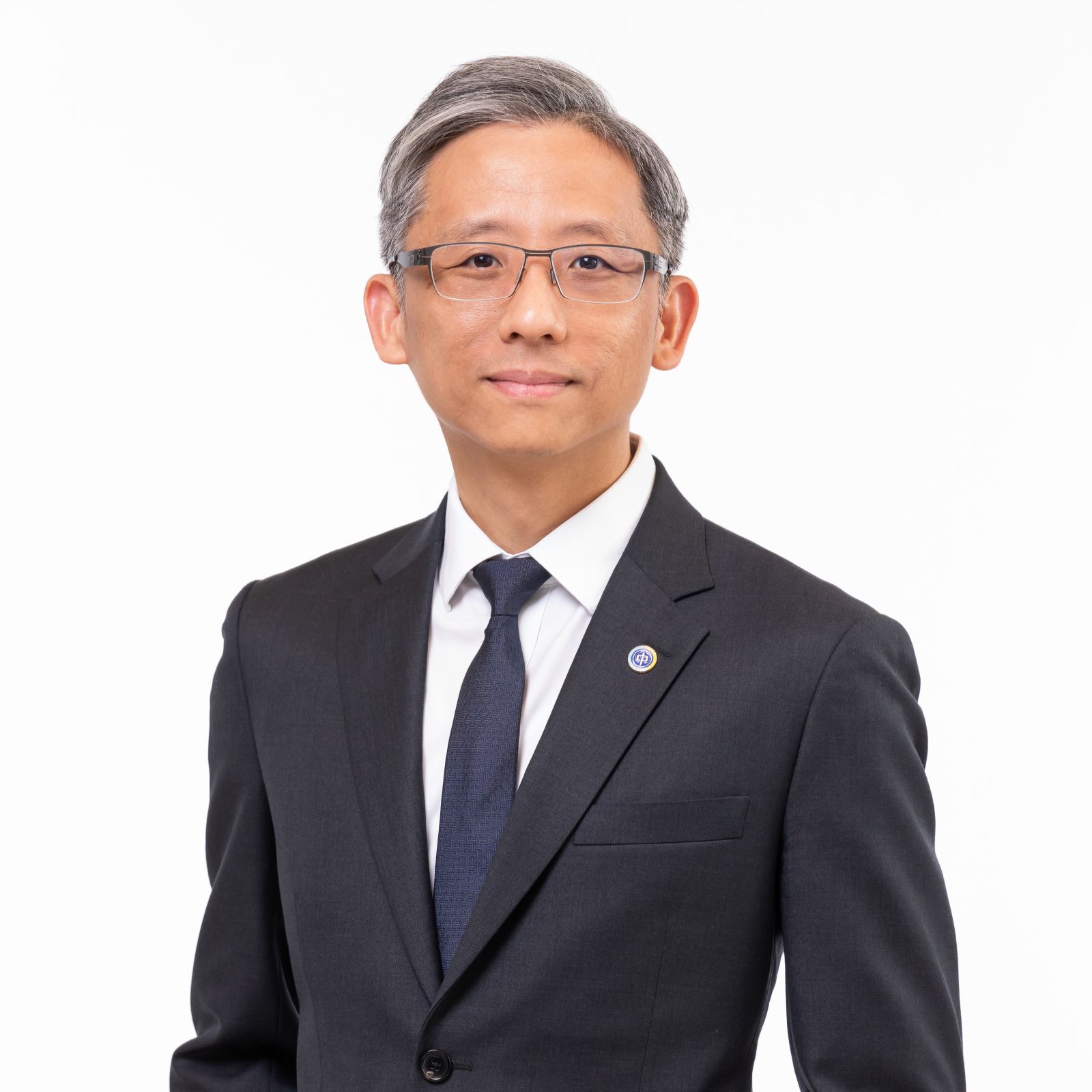
Mr. Ng, Alan Siu Lun
Senior Director - Planning & Development (CLP Power)
|
Title: Innovation for Brighter Tomorrows
Bio: Mr. Ng is Senior Director – Planning & Development at CLP Power Hong Kong, where he is responsible for leading the company's future long-term strategic development and regulatory regime.
Mr. Ng has been with CLP Power since 2010. He has extensive experience in the power industry including generation, transmission and distribution, strategic planning & regulatory affairs as well as new energy business development in China. Prior to his current role, he was a Director of the power systems business in Hong Kong from April 2021 to August 2024. Mr. Ng holds a Master’s Degree in Electrical Engineering from Cornell University and a Bachelor’s Degree in Electrical Engineering from University of Wisconsin-Madison.
Abstract: CLP leverages innovation to address the energy trilemma in providing reliable, clean and affordable electricity to the city amidst challenges like extreme weather and energy transition. Proactive solutions, such as Grid-V and flooding prediction systems, ensure supply reliability. Smart grid technologies, including smart meters and advanced energy management, drive decarbonisation, while drones and advance predictive models streamline operations. The presentation will also share some perspectives in driving Innovation and how CLP strive to stay at the forefront of energy innovation and continue the transformation journey towards the Utility of the Future.
|
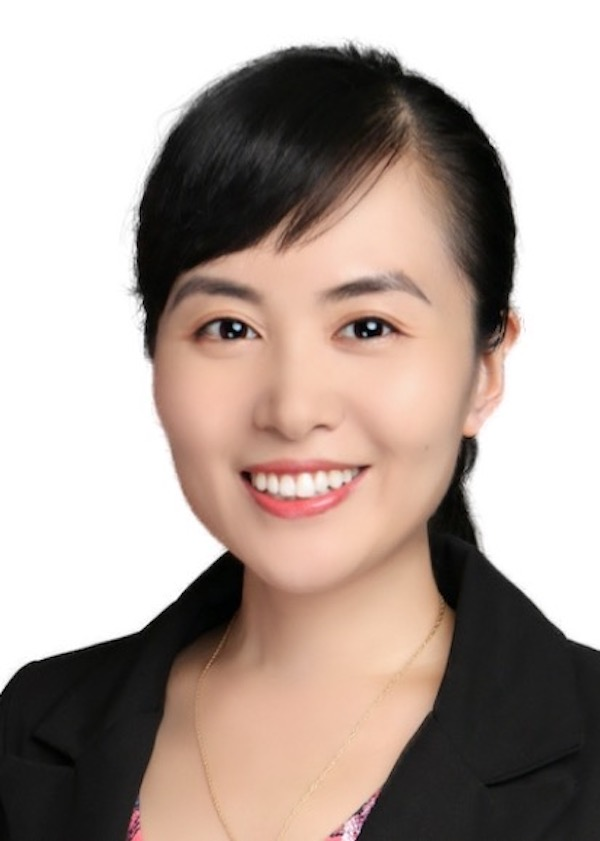
Prof. Hongxia Yang
Professor, The Hong Kong Polytechnic University
|
Title: Co-GenAI: A Novel Fusion-Driven GenAI Platform: Democratizing AI Development
Bio: Prof. Hongxia Yang, with over 15 years of experience as an AI scientist, specializes in large-scale machine learning, data mining, and deep learning. Throughout her career, she has developed 10 significant algorithmic systems, improving the operations of various enterprises. Her research includes pre-trained models, big data analytics, and the practical deployment of large language model (LLM) systems in real settings. Prof. Yang has published more than 100 top-tier papers, amassed around 12K citations with an H-index of 46, and holds over 50 patents. She has received several awards, including the 2019 Super AI Leader Award at the World Artificial Intelligence Conference and the 2020 National Science and Technology Progress Award, China’s top tech accolade. Named one of Forbes China’s Top 50 Women in Tech in 2022 and AI 2000 Most Influential Scholar Award in 2023-2024, Prof. Yang founded the foundational modeling teams at both ByteDance and Alibaba and has held prominent roles at Yahoo! Inc. and the IBM T.J. Watson Research Center. She earned her PhD from Duke University and her B.S. from Nankai University. She is a world-renowned pioneer in the field of Generative AI.
Abstract: We introduce a groundbreaking platform designed to make AI development more accessible and efficient. At its core is Domain-Adaptive Continual Pretraining (DACP), a pioneering system that enhances Large Language Models by continuously pretraining them on domain-specific unlabeled data, allowing for effective specialization in enterprise and scientific domains often underrepresented in general web data. DACP consistently outperforms existing open-source models and mainstream language models like ChatGPT in specific domains, all while minimizing GPU costs. Complementing this is the Advanced Model Fusion Infrastructure, which utilizes a "Model over Models" (MoM) framework to integrate top-performing domain-specific models, irrespective of their pretraining structures. This innovative approach enables the creation of foundation models by fusing existing models, drastically reducing computational requirements compared to traditional methods—requiring only 160 GPU hours to merge four top models, as opposed to 1-1.6 million GPU hours needed to train foundation models from scratch. The platform's Resource-Efficient Architecture further democratizes AI development by facilitating the effective use of distributed, entry-level GPU resources. By leveraging distributed high-performance computing centers equipped with diverse computing accelerators, the platform efficiently trains foundation models through the fusion of smaller language models (SLMs), offering a viable alternative to training large foundation models from scratch. This approach reduces dependency on massive centralized computational resources, fostering greater innovation and diversity in the field.
|
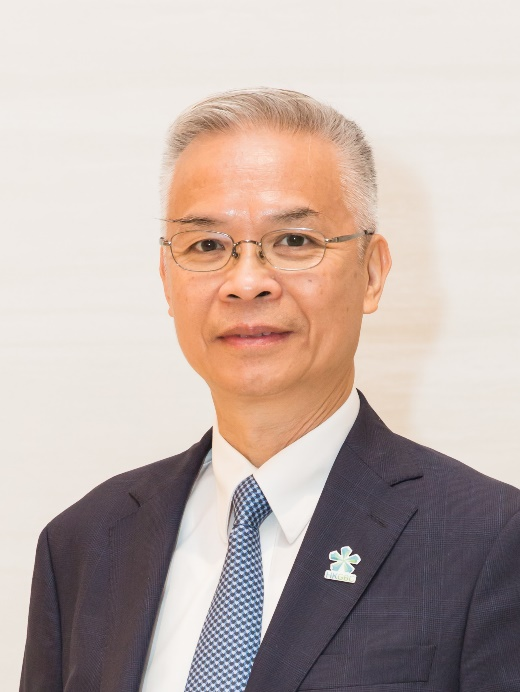
Mr. Harry Lai
Executive Director
|
Title: Engineering Sustainable Built Environment with Innovative Initiatives
Bio: Mr. Harry LAI, BBS is the Executive Director of the Hong Kong Green Building Council. He is a chartered engineer, fellow member of the Hong Kong Institution of Engineers and the Institution of Engineering and Technology, UK. Mr. LAI is the Adjunct Professor of the School of Energy and Environment, City University of Hong Kong and the Research Institute for Smart Energy, Hong Kong Polytechnic University.
Abstract: The Hong Kong Green Building Council is dedicated to advancing sustainable building practices through innovative initiatives tailored to the unique challenges of Hong Kong's densely populated urban landscape. This presentation will explore how the Council is driving progress and fostering collaboration among diverse stakeholders from both public and private sectors to implement practical measures that enhance energy efficiency, reduce carbon footprints, and support the transition to a greener built environment for future generations.
|
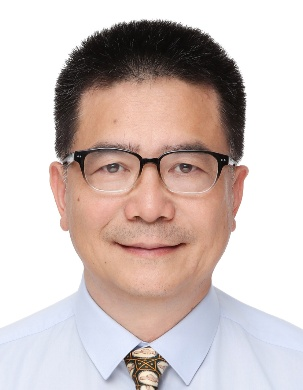
Prof. Ruzhu Wang
Chair professor, Shanghai Jiao Tong University
|
Title: Exploration of cutting-edge interdisciplinary research on energy-water-air nexus
Bio: Prof. Wang was born in China in 1964. He obtained his PhD at Shanghai Jiao Tong University in 1990. He is now a chair professor at SJTU and a leading scientist in energy efficiency and energy conversion worldwide. His research interests are: heat pumps, green building energy systems, and energy-water-air nexus. His innovative research achievements have been applied in industries both China and overseas. He has published above 700 papers, with a H index 95 and citations more than 40,000. He has won Chinese National Research Awards three times and also received many prestigious academic awards worldwide, such as the IIR-Gustav Lorentzen Medal from the International Institute of Refrigeration, and the IEA-Rittinger International Heat Pump Award. In 2023 he has become The Global Energy Prize laureate in the New Ways of Energy Application category.
Prof. Wang is currently the director of the Institute of Refrigeration and Cryogenics of SJTU, and editor-in-chief of Energy, Associate editor of International Journal of Refrigeration.
Abstract: ITEWA (Innovative Team for Energy, Water&Air) is a cutting-edge scientific research team founded and led by Professor Ruzhu Wang in June 2018, focusing on cutting-edge basic scientific and technological issues in the fields of energy conversion and efficiency, water and air treatment, thermal management and etc. By crossing disciplines and proposing comprehensive solutions from the perspectives of materials, devices, and systems, The team aims to promote rapid breakthroughs in related technological fields. It involves atmospheric water harvesting, biomimetic thermal and humidity control, thermal management of electronic devices, ultra-high density thermal energy storage, ultra-high energy efficiency desiccant integrated heat pumps, thermal and humidity management for solar greenhouse and crop yield increase, heat pump incremental thermal storage and energy quality control, and solar seawater desalination. This report features interdisciplinary exploration, which has sparked numerous research stories and formed a series of interest driven research cases on energy-water-air nexus, promoting principle innovation and technological transformation breakthroughs.
|
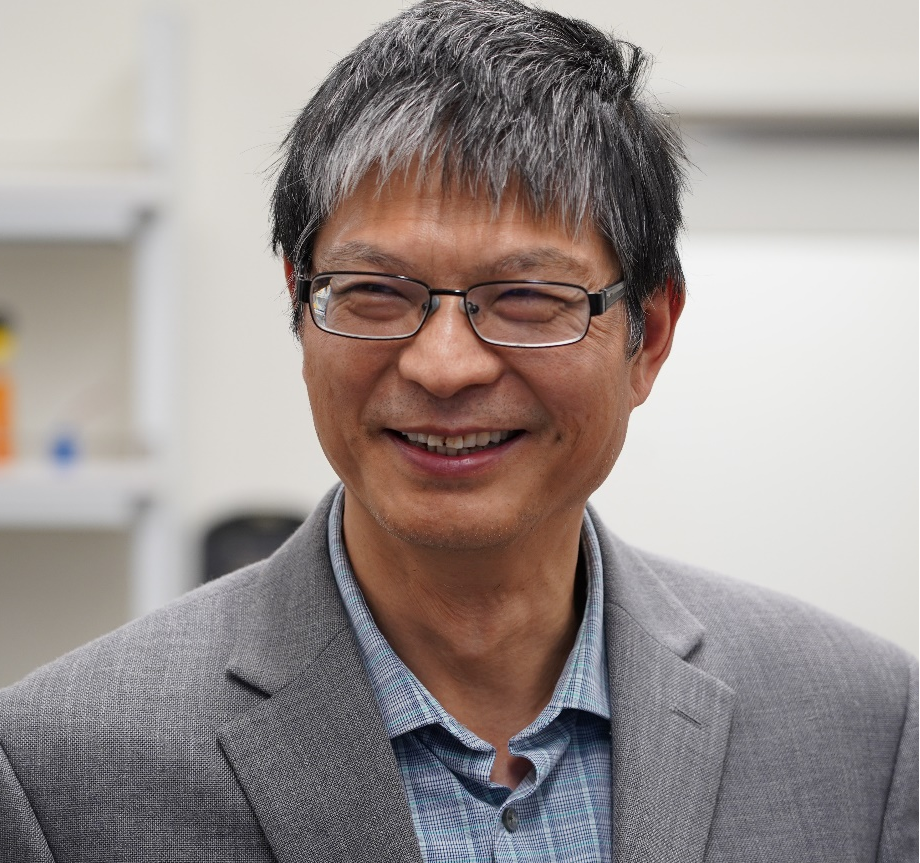
Dr. Chris Mi
Distinguished Professor
|
Title: Overcoming the Barrier of Deploying Second-Life EV Batteries for Storage Applications
Bio: Dr. Mi is the Distinguished Professor of Electrical and Computer Engineering at San Diego State University. He is a Fellow of IEEE (Institute of Electrical and Electronics Engineers) and SAE (Society of Automotive Engineers). He is also the Director of the US Department of Energy-funded Graduate Automotive Technology Education (GATE) Center for Electric Drive Transportation at SDSU. He was previously a faculty member at the University of Michigan-Dearborn from 2001 to 2015, and an Electrical Engineer with General Electric from 2000 to 2001. He also served as the CTO of 1Power Solutions from 2008 to 2011, and CTO of EV Safe Charger, Inc. from 2021. Dr. Mi received his Ph. D from the University of Toronto, Canada, in 2001.
Dr. Mi has published five books, 200+ journal papers, 130 conference papers, and 20+ issued and pending patents. He served as Editor-in-Chief, Area Editor, Guest Editor, and Associate Editor of multiple IEEE Transactions and international journals, as well as the General Chair of over ten IEEE international conferences. Dr. Mi has won numerous awards, including the “Distinguished Teaching Award” and “Distinguished Research Award” from the University of Michigan-Dearborn, IEEE Region 4 “Outstanding Engineer Award,” IEEE Southeastern Michigan Section “Outstanding Professional Award,” and SAE “Environmental Excellence in Transportation (E2T) Award.” He is the recipient of three Best Paper Awards from IEEE Transactions on Power Electronics and the 2017 ECCE Student Demonstration Award. In 2019, he received the Inaugural IEEE Power Electronics Emerging Technology Award. In 2022, he received the Albert W. Johnson Research Lectureship and was named the Distinguished Professor, the highest honor given to an SDSU faculty member, and only one award is given each year. Most recently, he received the 2023 IEEE PELS Vehicle and Transportation Systems Achievement Award, the IEEE Transactions on Industry Applications Best Paper Award, and the SDSU Innovator of the Year Award. In 2024, he received the prestigious Alumni Distinguished Faculty Award from SDSU.
Abstract: The number of electric vehicles (EVs) is growing rapidly, and so are retired EV batteries. The EV batteries are costly in production and recycling. Managing retired EV batteries is thus important for both the economy and the environment. On the other hand, there is a great need of energy storage solutions due to the rapid growth of renewable energy generation throughout the world. The US Department of Energy (DOE) and the California Energy Commission (CEC) have funded multiple projects to promote second-life EV batteries (SLBs) in storage applications. However, deploying SLBs will encounter serious issues, such as lifetime, cost, safety, liability, and regulations. This talk will discuss the barriers and proposed solutions to use of SLBs in grid storage applications, including the aging mechanism, charge/discharge methods, thermal management, cell/pack balancing, energy management, policy, standards, and fire codes related to energy storage systems using SLBs. The talk will also touch base on other recent innovations in enabling SLBs for grid and renewable energy applications, including single-stage inverter with boost capabilities, active balancing, advanced energy management systems (EMS), and wireless battery management systems (wBMS).
|
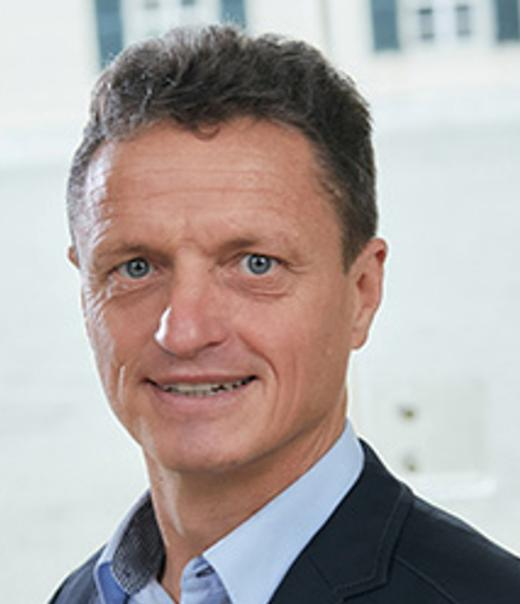
Prof. Michael Obersteiner
Director, Environmental Change Institute
|
Title: Climate Risk Management: tinkering at the nexus
Bio: Professor Michael Obersteiner is the Director of the Environmental Change Institute, University of Oxford. His research experience stretches from biophysical modelling in the areas of ecosystems, forestry and agriculture to economics, finance and integrated assessment. He advises numerous national and international organizations with science-based policy research. He is author of over 250 scientific papers and is a highly-cited researcher.
|
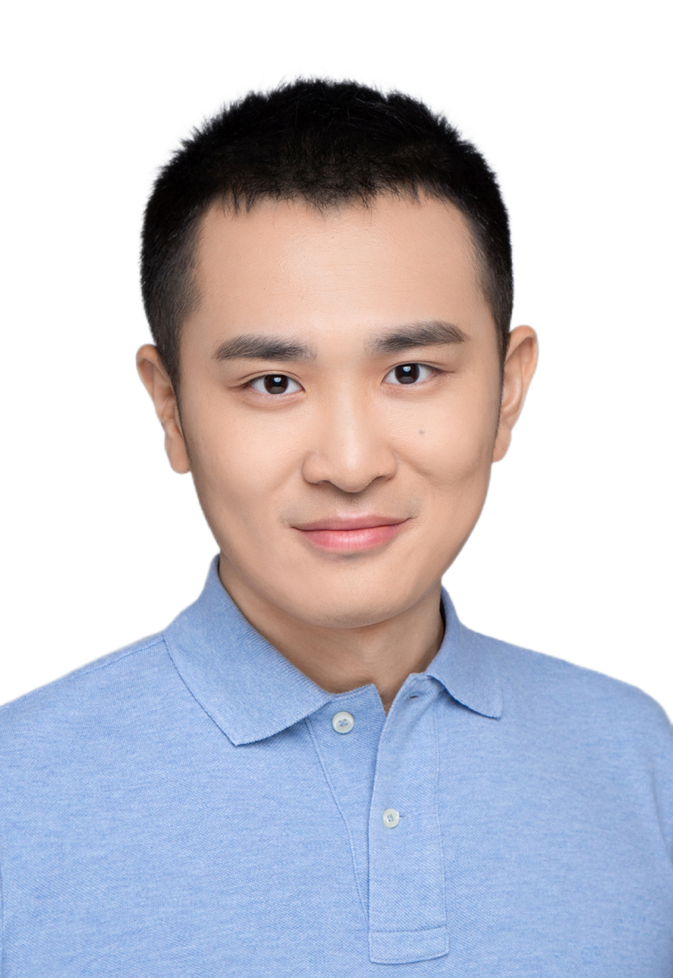
Dr. Xinwo Huang
Senior Director at Tencent
|
Title: CarbonX Program: Substantial Grant Funding to Support Emerging Climate Tech Innovation
Bio: Dr. Xinwo Huang is Senior Director at Tencent, leading Tencent's climate tech initiatives, especially the CarbonX Program.
The CarbonX Program is dedicated to supporting emerging low-carbon technologies with tens of millions USD in grant funding. CarbonX 2.0 focuses on cutting-edge CCUS, carbon removal, and long-duration energy storage technologies, and solicits proposals from early-stage teams all around the world. It aims to build first-of-its kind pilot projects in real industrial settings, incubate high-potential startups, and support capacity building projects.
Xinwo holds a Ph.D. degree in Civil and Environmental Engineering from Princeton University and a B.S. in Mechanical Engineering from Tsinghua University.
|
INVITED SPEAKERS

Prof. Jia Li
Associate Professor
|
Title: Distributed Direct Air Capture
Bio: Professor Jia Li is an Associate Professor at the School of Interdisciplinary Studies at Lingnan University, Hong Kong. Recognized for her outstanding academic achievements, she has published over 60 research papers in international journals. She is a Fellow of the Institution of Mechanical Engineers (IMechE), the Energy Institute (EI), and the Higher Education Academy (HEA) in the UK, as well as a Senior Member of the Institute of Electrical and Electronics Engineers (IEEE).
With over 20 years of experience in carbon capture and storage (CCS) research, she has led the carbon capture retrofit of China Resources Power’s Haifeng Power Plant, a million-kilowatt coal-fired power station. She has also led or participated in the development of national CCUS roadmaps for six countries, including China and Indonesia. Additionally, she contributed to the preparation of China’s Carbon Peak and Carbon Neutrality Strategy and Pathways, led by the Chinese Academy of Engineering, as well as China’s Fifth National Assessment Report on Climate Change.
Abstract: Distributed Direct Air Capture (D-DAC) decentralizes CO₂ removal by integrating modular capture units into buildings, transportation hubs, and industrial sites. Unlike large centralized DAC plants, D-DAC enhances flexibility, reduces costs, and leverages waste heat and renewable energy for greater efficiency. Advances in solid sorbents and AI-driven optimization are improving feasibility, making the technology more scalable. This presentation explores D-DAC’s principles, deployment scenarios, and policy implications, highlighting its potential to expand carbon removal capacity with minimal infrastructure constraints. As the world moves toward carbon neutrality, D-DAC offers a promising, adaptable solution for climate mitigation.
|
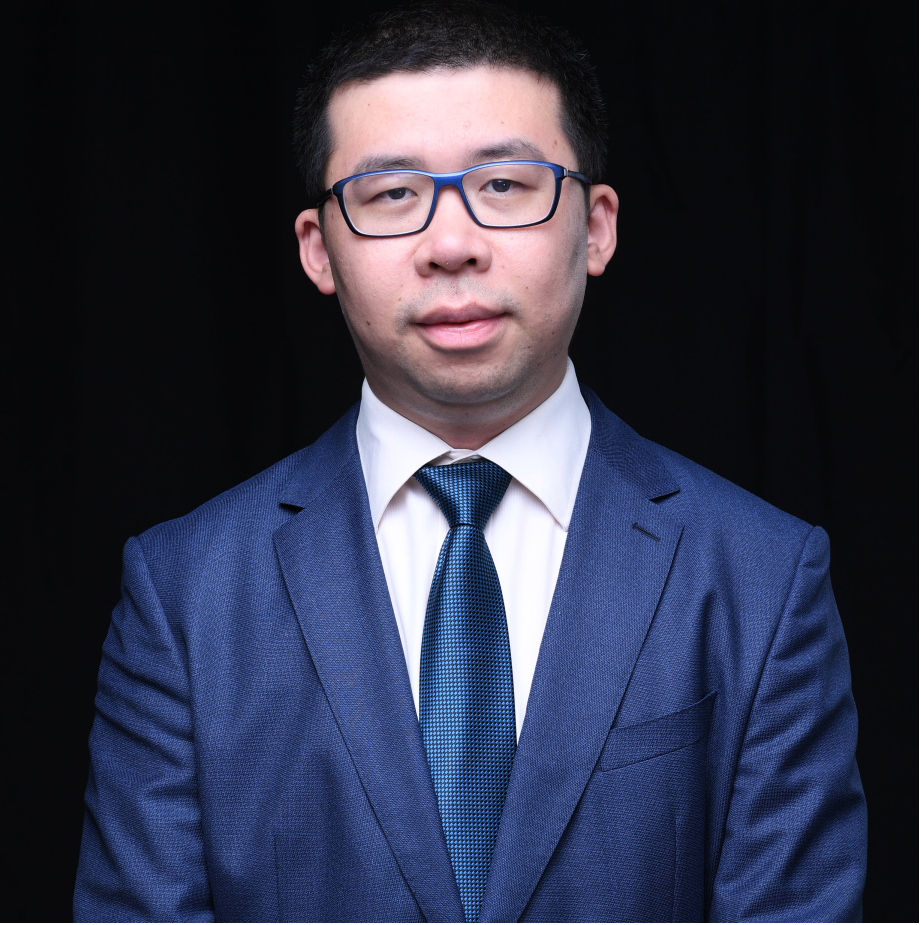
Prof. Junhua Zhao
Professor, Director of New Energy Science and Engineering Program
|
Title: AI Assisted Power and Carbon Market Co-Simulation
Bio: Prof. Junhua Zhao is currently a professor at the School of Science and Engineering, The Chinese University of Hong Kong, Shenzhen. He is also the Executive Director of CUHKSZ - CSIJRI Joint Centre of Smart Energy Storage, the Director of the Energy Market and Energy Finance Laboratory at Shenzhen Finance Institute (SFI) and a researcher at Shenzhen Institute of Artificial Intelligence and Robotics for Society (AIRS). He has been engaged in research on smart grid, electricity market, low-carbon transition, and artificial intelligence for a long time. Prof. Junhua Zhao has published 300+ research papers in famous domestic and international journals and international conferences, including one in Joule (Cell Press), one in Patterns (Cell Press), two in Scientific Data (Nature Publishing Group), and one in Engineering (Published by the Chinese Academy of Engineering). More than 60 papers have been published in IEEE Transactions. The published papers have been cited 17000+ times, and the H-index is 65 (according to Google Scholar statistics).
Prof. Junhua Zhao was elected to IET Fellow in 2023. He was named as the Intelligent Computing Innovator of China in 2023. From 2021 to 2023, he was consecutively selected as “Elsevier Highly Cited Scholar of China”. He received International Financial Forum (IFF) “Global Green Finance Award” in 2023, the Outstanding Contribution Award of Electric Science and Technology of Guangdong Province in 2022 The research results have had an important impact on the industry. He served as an expert group member of China's first provincial electricity spot market and the first regional electricity spot market and participated in the design of China's first cross-border carbon trading product. In addition, several software products he participated in were successively applied to Consolidated Edison Company of New York, The Hongkong Electric Company, Guangdong Energy Group, China National Offshore Oil Corporation, Datang International Power Generation company, etc.
With over 20 years of experience in carbon capture and storage (CCS) research, she has led the carbon capture retrofit of China Resources Power’s Haifeng Power Plant, a million-kilowatt coal-fired power station. She has also led or participated in the development of national CCUS roadmaps for six countries, including China and Indonesia. Additionally, she contributed to the preparation of China’s Carbon Peak and Carbon Neutrality Strategy and Pathways, led by the Chinese Academy of Engineering, as well as China’s Fifth National Assessment Report on Climate Change.
Abstract: In the wake of accelerating climate change and evolving energy systems, the coordinated operation of power and carbon markets has become crucial for sustainable development. This talk presents an integrated simulation framework that leverages state-of-the-art AI techniques to address the complexities inherent in these interconnected markets. We begin by introducing a novel load forecasting methodology based on LLMs. Next, we delve into a power-carbon market behavior modeling approach that employs human-machine hybrid intelligence, combining expert insights with advanced machine learning algorithms to effectively capture and predict market participant behaviors under volatile conditions. Finally, the talk outlines a comprehensive coordinated simulation platform that integrates these AI-driven components, enabling a nuanced analysis of market interactions and dynamics. Through a series of case studies and simulation results, we demonstrate the potential of this approach to drive more informed decision-making and foster a synergistic relationship between the power and carbon markets.
|
|
|
|



